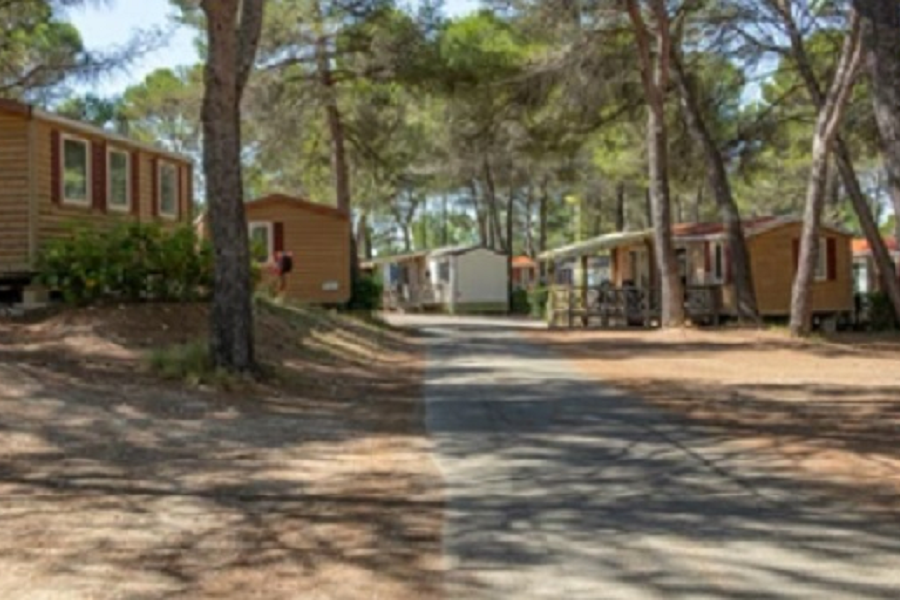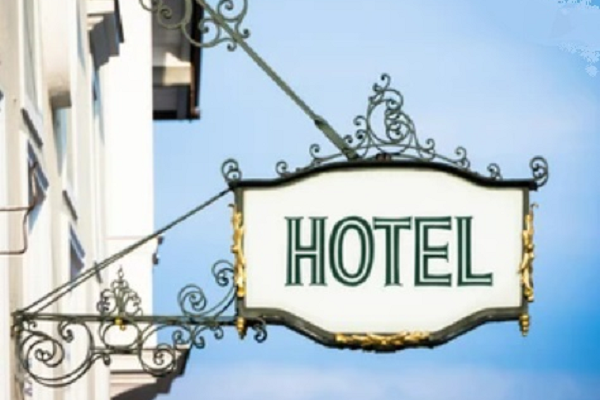Campsites and leisure parks in France
Campsites and leisure parks are popular places for vacationers to relax and have fun. However, these locations must comply with certain legal rules notably to ensure the safety and well-being of their clients.


Overview of common rules
Authorization for operation
Any campsite or leisure park project must be authorized by the competent administrative authorities. To do so, it is necessary to submit a request for authorization to operate to the town hall or prefecture.
Urban planning rules
The investor must ensure that the chosen land for the campsite or leisure park is buildable and that the planned activity is authorized by the current Local Urban Plan (PLU). It is also important to verify that the chosen land complies with the construction and development rules in force. These rules may vary depending on the municipality or geographic area concerned.
Safety rules
Safety is a major issue for campsites and leisure parks. Investors must comply with the safety standards in force for equipment, signage, fire fighting, hygiene and sanitation. It is also important to conduct a risk assessment for potential clients and employees and to implement the necessary measures to prevent or manage them.
Environmental protection rules
Investors must comply with the environmental protection rules in force. They must ensure waste management, preservation of water and air quality, limitation of noise and visual nuisances, and protection of natural areas.
Regulation of campsites
Campsites are regulated by the Urban Planning Code. This text imposes certain rules on campsites operators regarding installation, construction, and development.
Firstly, the campsite must be located on a buildable land. Indeed, it is prohibited to camp on undeveloped or flood-prone land. The land must also be equipped with the necessary facilities to accommodate campers (drinking water, electricity, etc.).
Secondly, the installations must comply with the safety standards in force. The establishments must have a firefighting system, a signaling system, as well as safety equipment for swimming pools and play areas.
Finally, campsite operators must comply with the hygiene and sanitation rules in force. Sanitary facilities must be regularly maintained, and wastewater must be treated before being discharged into the environment.
Other obligations
The campsite manager must tell customers about the rental terms, costs, and rules. Wild camping may be forbidden in some areas.
Campsites can be classified as Tourism or Leisure. Tourism campsites rent more than half their spaces for short periods, while Leisure campsites rent more than half their spaces for more than a month. Campsites can be rated from one to five stars or classified as natural area campsites.
Campsites can earn labels. The European Ecolabel is for environmentally friendly campsites. The Tourism & Disability Label is for campsites that are accessible to people with disabilities.
Before renting a space, the campsite manager must provide certain information to the customer in writing, like administrative information about the campsite, a description of the accommodation, its location, equipment, price, additional services not included in the price, and rental conditions.
Campsites are free to set their own prices, which should be displayed at the entrance or reception. A detailed invoice must be given to the customer. The local government may charge a tourist tax.
Regulation of leisure parks
Leisure parks: operations offering a variety of attractions, often of fairground type, but also various games, activities, etc.
Examples: amusement park, theme park, water park, children’s play park, outdoor base, adventure park, laser game, escape game, scientific park, miniature park, trampoline park (excluding sports practice)..
Leisure parks are also subject to strict regulations to ensure customer safety. They are governed by the Tourism Code, which imposes rules regarding reception, development, and safety.
Amusement parks with an area exceeding 2 hectares must obtain a development permit issued by the town hall of the location (Article R 421-19 of the Urban Planning Code).
A mandatory initial technical inspection is required when setting up new or used amusement park facilities. This inspection is carried out by a control office approved by the state.
Businesses in this sector must be registered with the trade and companies register.
All structures in the sector must meet the obligations of Public Access Buildings (ERP). Leisure parks must comply with the accessibility rules for people with reduced mobility. Equipment and facilities must be adapted to allow all clients to enjoy the attractions.
High-altitude acrobatic courses and paintball centers, considered as establishments for physical and sports activities, are subject to the Sports Code (conditions of morality, insurance, signage, and respect for means of rescue and reporting to the prefect in case of a serious accident). High-altitude acrobatic parks are covered by NF EN 15567-1 and NF EN 15567-2 standards.
The safety of amusement park facilities is governed by the law 2008-136 of February 13, 2008, and the decree 2008-1458 of December 30, 2008. They are subject to periodic technical checks (the frequency of which varies from 1 to 3 years depending on the category of the facilities) by a state-approved control office.
If the facility offers a bar space or sells drinks, obtaining a license may be necessary: license III (wines, beer, cider, etc.) or IV (other alcoholic beverages). The operator is then subject to the regulation of drink outlets. Catering and hotel services are also subject to specific regulations (food hygiene training, sanitary standards, hotel classification, display obligations, etc.).
Sanctions for non-compliance with legal rules
Non-compliance with the legal rules governing campsites and leisure parks can result in administrative and criminal sanctions. In case of non-compliance, the competent authorities can impose compliance measures, such as temporary or permanent closure of the establishment. In case of failure to comply with safety rules, those responsible can be criminally prosecuted for endangering the lives of others.
The penalties incurred are then more severe and can result in imprisonment. It is therefore essential for campsites and leisure park operators to scrupulously comply with the legal rules in force. These rules aim to guarantee the safety and well-being of clients, and their non-compliance can have serious consequences for all concerned parties.
Campsites and leisure parks are popular places for vacationers to relax and have fun. To ensure the safety and well-being of clients, these establishments must comply with strict legal rules. The Urban Planning Code and the Tourism Code regulate these activities and impose compliance measures in case of non-compliance. The penalties incurred can be severe. It is therefore essential for all concerned parties to comply with these legal rules. Being accompanied by a specialized lawyer can help investors understand the current legislation and comply with it when investing in a campsite or leisure park.
About the Author :
Business lawyers, bilingual, specialized in acquisition law; Benoit Lafourcade is co-founder of Delcade lawyers & solicitors and founder of FRELA; registered as agents in personal and professional real estate transactions. Member of AAMTI (main association of French lawyers and agents).
FRELA : French Real Estate Lawyer Agency, specializing in acquisition law to secure real estate and business transactions in France.
Paris, 19 Rue du Colisee, 75008 Paris
Bordeaux, 78 Cours de Verdun, 33000 Bordeaux
Lille, 40 Theater Square, 59800 Lille




